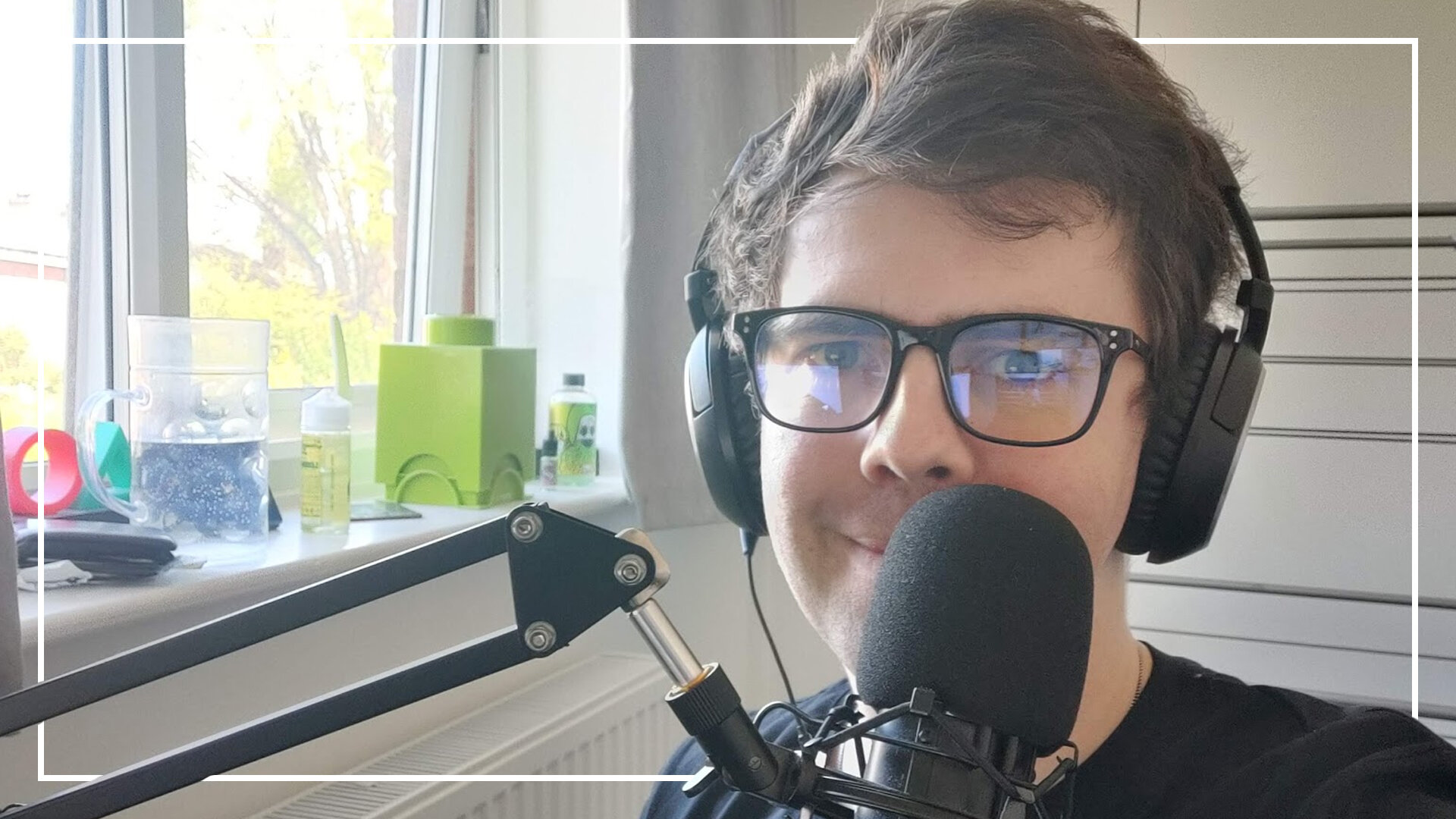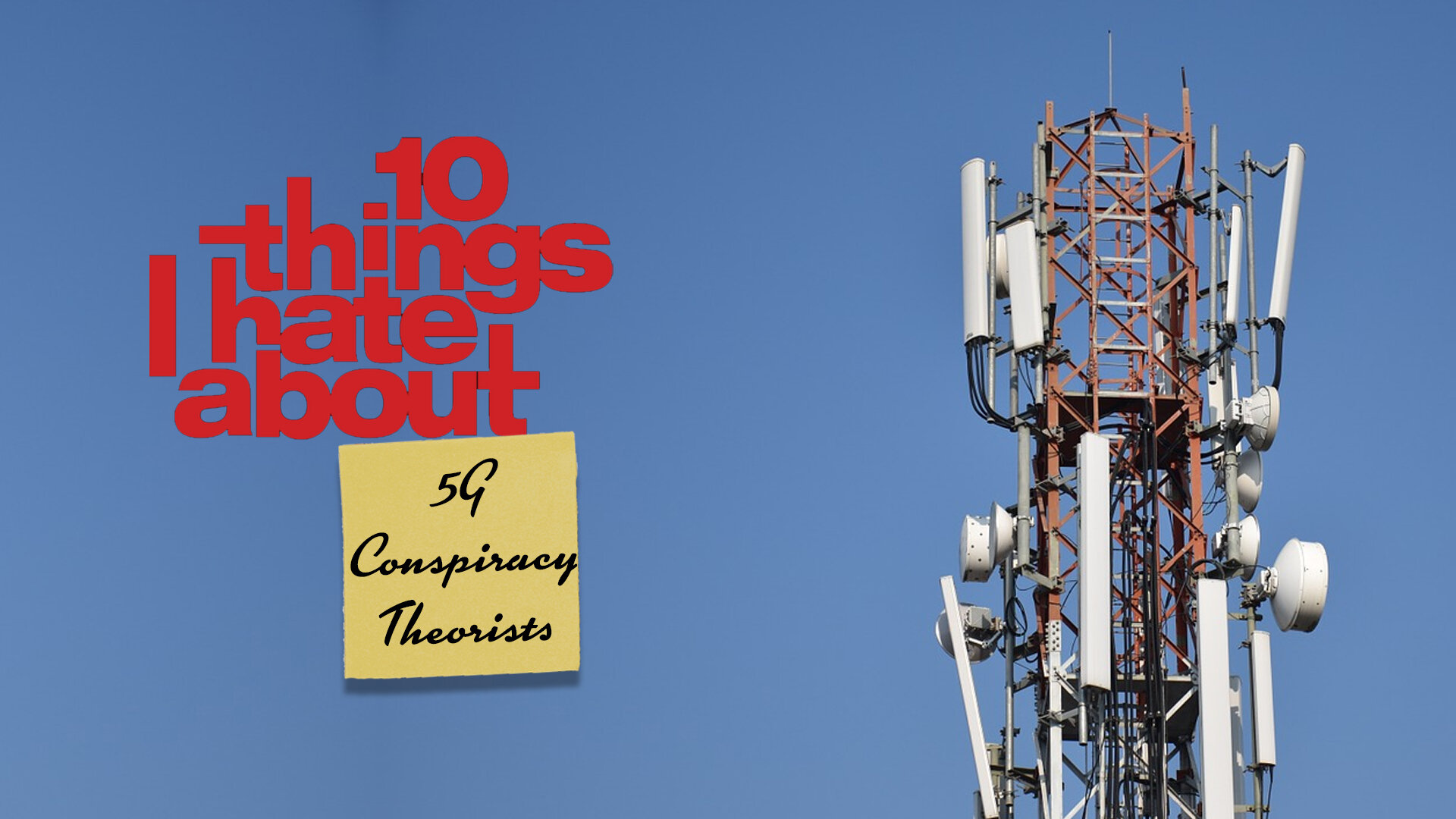Spying On Your Internet History And A Ban On Niche Porn. Here’s What The UK Government Can Do With The Investigatory Powers Bill And Digital Economy
The Autumn Statement may have distracted you from this, but The Investigatory Powers Bill is now as good as passed, with the Digital Economy Bill shortly behind.
The Digital Economy Bill is currently at the Report stage in the House of Commons, while the Investigatory Powers Bill needs only Royal Assent to become law.
In its more vague days of speculative wording, the Investigatory Powers bill was already incredibly scary. But now we see some specifics, that fear still remains as we roll towards becoming a surveillance state on the same level as China.
So what can the government actually do now? Well, let’s take a deeper look at two big talking points in what is being called the Snooper’s Charter.
Your ENTIRE Internet History Can Now Be Spied On
Stop before you Google anything shady – under Schedule 4 of the Investigatory Powers Bill, a huge list of agencies can ask for any UK citizen’s browsing history. This list in full includes:
- Police forces maintained under section 2 of the Police Act 1996
- Metropolitan police force
- City of London police force
- Police Service of Scotland
- Police Service of Northern Ireland
- British Transport Police
- Ministry of Defence Police
- Royal Navy Police
- Royal Military Police
- Royal Air Force Police
- Security Service
- Secret Intelligence Service
- GCHQ
- Ministry of Defence
- Department of Health
- Home Office
- Ministry of Justice
- National Crime Agency
- HM Revenue & Customs
- Department for Transport
- Department for Work and Pensions
- An ambulance trust in England
- Common Services Agency for the Scottish Health Service
- Competition and Markets Authority
- Criminal Cases Review Commission
- Department for Communities in Northern Ireland
- Department for the Economy in Northern Ireland
- Department of Justice in Northern Ireland
- Financial Conduct Authority
- Fire and rescue authorities under the Fire and Rescue Services Act 2004
- Food Standards Agency
- Food Standards Scotland
- Gambling Commission
- Gangmasters and Labour Abuse Authority
- Health and Safety Executive
- Independent Police Complaints Commissioner
- Information Commissioner
- NHS Business Services Authority
- Northern Ireland Ambulance Service Health and Social Care Trust
- Northern Ireland Fire and Rescue Service Board
- Northern Ireland Health and Social Care Regional Business Services Organisation
- Office of Communications
- Office of the Police Ombudsman for Northern Ireland
- Police Investigations and Review Commissioner
- Scottish Ambulance Service Board
- Scottish Criminal Cases Review Commission
- Serious Fraud Office
- Welsh Ambulance Services National Health Service Trust
And this information is not just what is on your computer – they can also take a peak at your activity on your phone, including call data and interactions with messaging apps. All of this… without a warrant.
To hopefully cheer you up, I found CassetteBoy’s take on the bill’s announcement.
But now, for the Digital Economy Bill. One story came out of this recently, highlighting the sheer absurdity of UK sex laws.
Government Plan To Restrict “Niche Porn” Sites
That means certain acts like female ejaculation will be banned in Britain, and other such restrictions upheld by the BBFC like the “four-finger rule,” (which limits the amount of digits that can be placed in any orifice on video) will be applied.
This isn’t just about restricting porn though, and while the press has been all over this specific item of the bill for clicks, they’ve missed the bigger risk.
What is supposed to be an open forum of sharing ideas and discussion, policed by the community, is now to be policed with a governmental agenda. Nobody knows how much further these restrictions could go, and how effective the censorship could be in tandem with the Investigatory Powers Bill.












Alongside the scientists, 50% of the British public and the future health of young people across the nation, I have one simple request: delay Freedom Day, please.